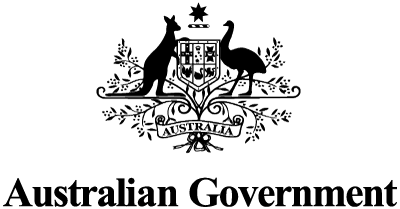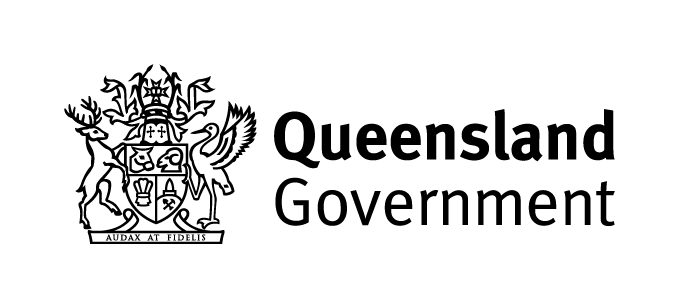Queensland Recycling Modernisation Fund
In late 2019, the Council of Australian Governments (COAG) agreed to transform Australia’s waste and recycling industry, banning the export of unprocessed waste plastic, paper, glass and tyres while building Australia's capacity to generate high value recycled commodities and associated demand.
In response to this decision, the Australian Government, states and territories agreed to jointly invest in recycling infrastructure to help build processing capacity and markets for recycled products.
Through a National Partnership Agreement (NPA) between the Queensland and Australian Governments, $40 million is being invested in a new Queensland Recycling Modernisation Fund (QRMF) to boost Queensland’s recycling industry. This investment comprises $20 million from the Australian Government and $20 million in co-funding from the Queensland Government.
The fund supports National Waste Policy Action Plan targets, Queensland’s waste diversion targets and the national ban on waste exports, commencing January 2021 through to July 2024.
Allocation of QRMF funds to Queensland projects is being administered by the Queensland Government, as part of its commitment under the NPA.
Funding is being invested in projects that improve sorting, processing, recycling or remanufacturing of waste and divert waste plastic, paper and cardboard, tyres or glass from landfill.
Since its launch, grant funding has been announced for 15 projects with a total capital investment of over $93.8 million, which will divert over 121,922 tonnes of waste per annum from landfill. These projects will create 201 jobs across Queensland.
This program is now closed to new applications.


Last updated: 11 Jul 2024
